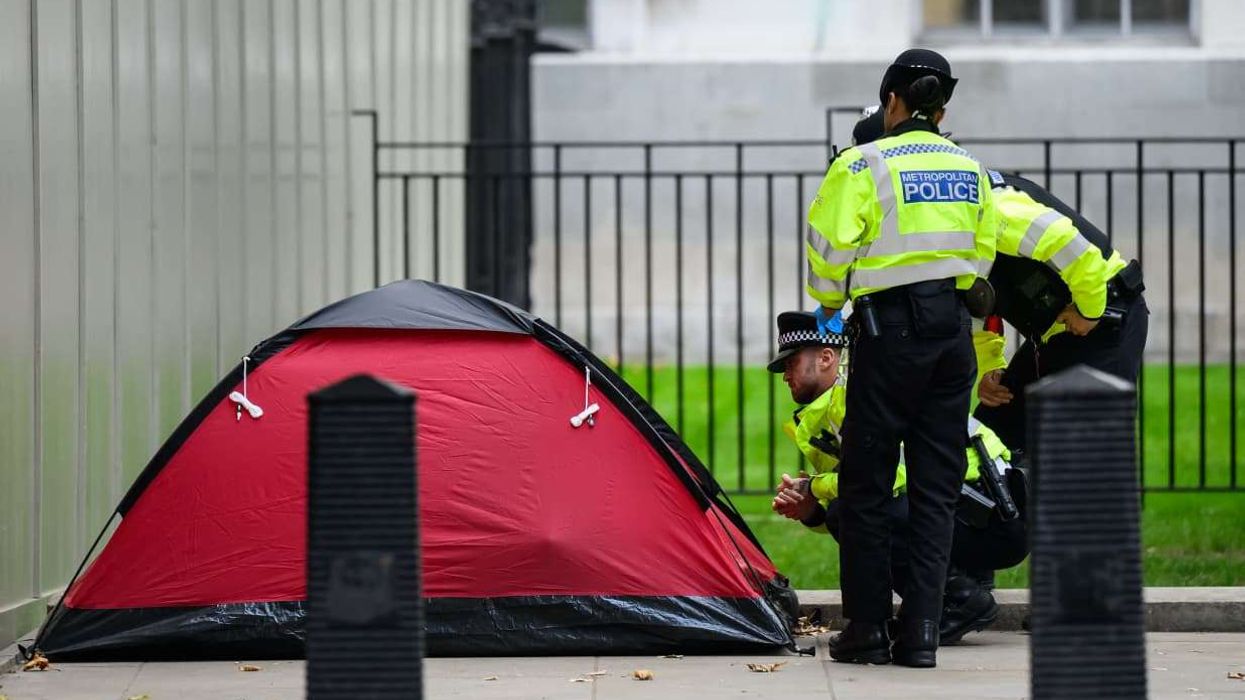In a bid boost to their strategic ties, India and the UAE on Wednesday (25) signed more than a dozen pacts in key areas like defence, security, trade and energy apart from a comprehensive strategic partnership agreement amidst assertion by prime minister Narendra Modi that cooperation stands poised for a “major take off”.
However, much-anticipated pact pertaining to the $75 billion investment fund, committed by the UAE, was not among the fourteen pacts which were signed after the talks between Modi and crown prince of Abu Dhabi Sheikh Mohamed bin Zayed Al Nahyan. Al Nahyan, who arrived here on Tuesday (24) accompanied by a high-level delegation comprising ministers, senior officials and captains of industry, will be the chief guest at the Republic Day parade Thursday (26).
Terming his discussions as “fruitful and productive”, Modi, at a joint press event with the UAE leader, said the discussions were wide ranging covering the entire spectrum of the bilateral engagement. “We have shaped an ambitious roadmap of engagement to make our comprehensive strategic partnership purposeful and action oriented. The agreement that was exchanged just now has institutionalised this understanding,” Modi said. Asserting that security and defence cooperation have added growing new dimensions to the ties, he said their closer ties are of importance, not just to both the countries but also of significance to the entire neighbourhood.
He also said convergence between the two countries can help stabilise the region and the economic partnership can be a source of regional and global prosperity.
“We exchanged views on developments in West Asia and the Gulf, where both countries have a shared interest in peace and stability. We also discussed developments in our region, including Afghanistan. Our shared concern on growing threat from radicalism and terrorism to the safety and security of our people is shaping our cooperation in this space,” Modi said.
He noted, “Moving forward, our cooperation stands poised for a major take off. I am confident, Your Highness, that your visit will build on the strong gains and understanding of our previous interactions. And shape its future framework marked by depth, drive and diversification of our partnership.”
However, the two sides did not sign a pact pertaining to the $75 billion investment as was hoped by ministry of external affairs (MEA) officials on Tuesday.
Holding that the UAE has the largest sovereign fund, secretary for economic relations in MEA Amar Sinha on Tuesday had told reporters, “During the visit, we are hoping to sign an MoU between their investment fund and our National Infrastructure Investment Fund (NIIF)” which will put in place a framework as to how the fund will be administered and which all sectors it can be invested in.
Asked as of why the accord was not inked, senior officials said, “Talks are in an advanced stage and this visit has helped in identifying sectors in which the investment can be made.”












